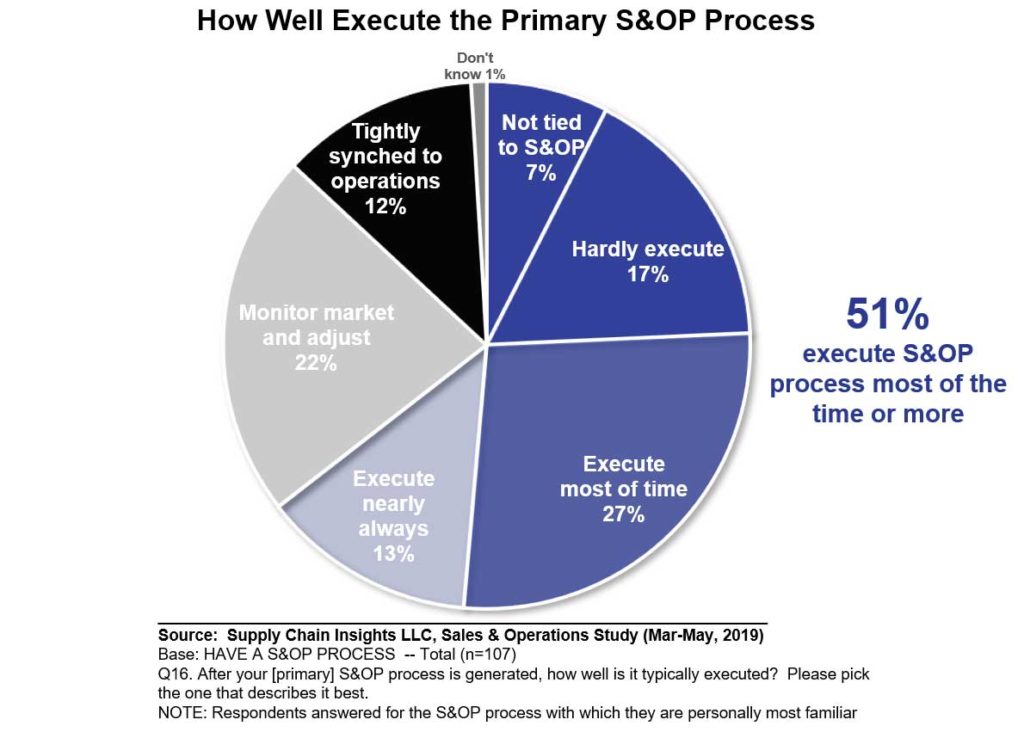Seven Supply Chain Processes To Stop Doing In The Pandemic
I remember standing in the temperature screening queue in Doha. As the line wound around multiple stations, my backpack cut into my shoulders. I was tired and cranky as I read the overview of MERS. As an United States resident, I was blissfully unaware of this virus and worried about catching my flight to Singapore. My ignorance of a potential pandemic was low.
Changing My Mental Model
The Middle East Respiratory Syndrome (MERS), first reported in Saudi Arabia in 2012, didn’t make headline news. Likewise, I watched the coverage of SARS, H1N1, and Ebola from my TV screen. As the COVID-19 saga unfolded, this was my mental model. My first articles dealt with the virus as a Chinese localized phenomenon. My jaw dropped when a friend became ill in Dallas in January from a visit to Dubai. I never conceived that it would become my reality.
Start Doing
In my prior articles, I have written extensively on the need for outside-in demand sensing processes based on market consumption data. I have also written about the need for supplier development programs and building robust supply chain capabilities in value networks. (I list these articles at the bottom of this post for reference.)
Stop Doing
What can we stop doing? The first step is to stop traditional demand planning processes based on conventional order pattern modeling. (This is the ouput of the conventional Advanced Planning models.) The modeling of historic order patterns is worthless through the pandemic. Why? The sales order pattern is no longer a predictor of future demand. Instead, invest in market sensing and the use of market consumption data. Attempt to read market shifts as they happen and drive a response.
Wrap-up
In closing, let me leave you with some thoughts. The pandemic is the result of a novel virus. Today, we have more that is unknown than known. What we stop doing will give us resources to focus on managing the supply chain in these uncertain times. Let me know your thoughts, and good luck.
Read more at Seven Supply Chain Processes To Stop Doing In The Pandemic
Share your opinions with us in the comment box. Subscribe to us for more updates.










